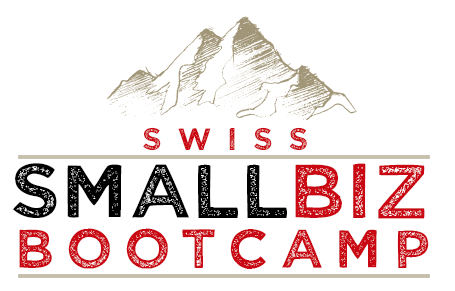What's Up, Blog?
.
How to Freelance in Switzerland: Work Permit Requirements

For most entrepreneurs in Switzerland, starting their own business begins with becoming a freelancer or rather, self-employed by founding a Sole Proprietorship company aka what is considered an Einzelfirma in the German speaking regions, an Entreprise Individuelle in the French area and a Ditta Individuale in the Italian cantons.
The company form of the sole proprietorship is not specifically regulated by the Swiss Code of Obligations, but with over 326’000 active Sole Proprietorships, this legal form is the most frequently chosen one in Switzerland.
The simple start-up requirements and the lack of minimum capital injection allow for fast implementation of the start-up and are the main reasons for its popularity.
In fact, the sole proprietorship is established the moment a natural person starts a business activity in their own name and with the intent and purpose of permanent gain.
To formalise the set-up, the founder must simply register with their cantonal first pillar compensation fund and voilà: the Sole Proprietorship is good to go.
But before you throw yourself into your new freelance venture, there is an important element any expat freelance entrepreneur has to consider:
 To be able to become self-employed and own your own Sole Proprietorship company as a foreign national in Switzerland, you need to have the necessary work permit.
To be able to become self-employed and own your own Sole Proprietorship company as a foreign national in Switzerland, you need to have the necessary work permit.
Based on your nationality you fall into either one of these categories:
EU / EFTA Nationals
Since the Agreement of the Free Movement of Persons between Switzerland and the European Union came in force, any national from the EU / EFTA (with some special rules for Croatian citizens) can basically become self-employed in Switzerland. A regular B permit suffices, a C permit is not necessary.
And why sure, there’s a list of the EU / EFTA member states over here at the State Secretariat for Migration (just in case you’re not quite sure where you fit in.)
Third State Nationals
With the right work permit in place, you can focus on setting up your Sole Proprietorship.
In next week’s instalment we’ll check out the Swiss company naming rules and regulations for Sole Proprietorship companies.
Stay tuned & pedal on!

5 Steps to Freelance in Switzerland
Prep: Work permit requirements
Step 1: Name your business
Step 2: Plan your business
Step 3: Incorporate and register
Step 4: Kick off
Step 5: Keep rocking



I am a multilingual business executive, communications professional and writer with 20+ years of experience in operations and project management in various roles and industries.
Through the SSBB workshops and blog I help expat entrepreneurs plan, start, register and run their (small) business in the Switzerland.




Please share regular posts.